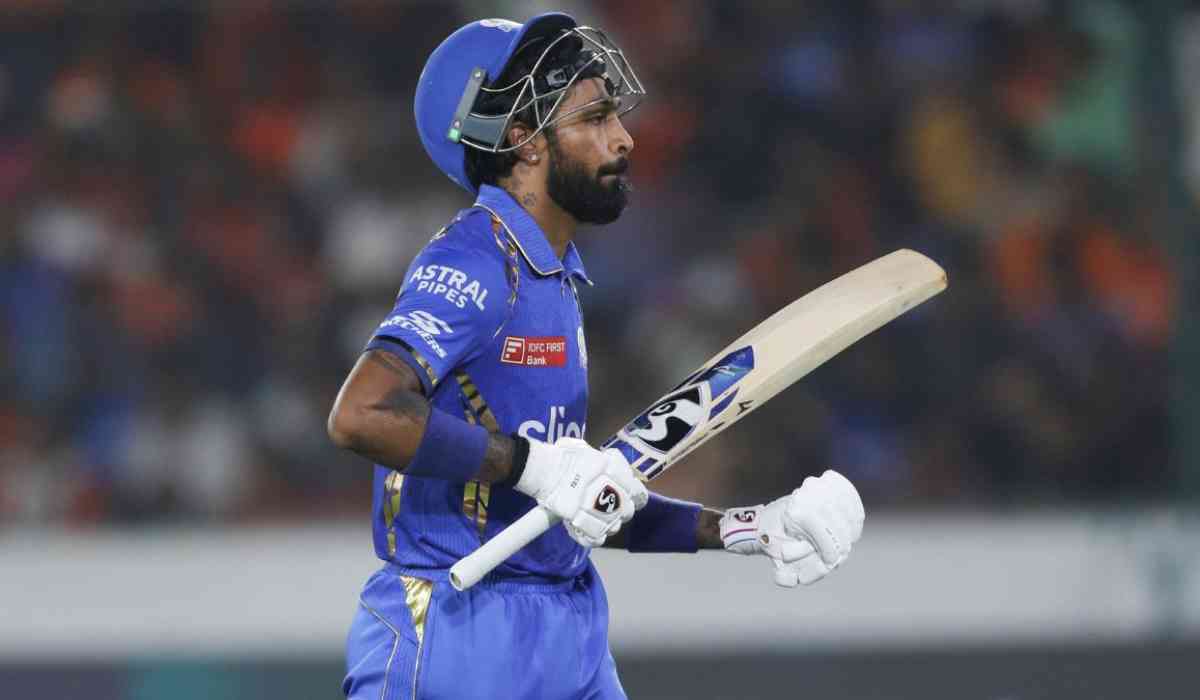In India, Cricket is regarded as a religion and cricketers as Gods. It is not the first time that people of the country are extremely attached to the sport and the players, the history dates back to the radio era when people used to religiously sit and even listen to a 5-day long test match commentary on a radio ball by ball. It has an unequaled ability to bring millions together under the flag of sportsmanship and national pride. However, beneath the surface of this camaraderie lurks a darker side: the poisonous fandom that plagues the sport and its athletes. In the context of IPL 2024, the latest Hardik Pandya case explains the intricacies of this matter.
The Pandya Predicament: Unfair Criticism or Justified Outrage?
The IPL, known for its glitz, glamour, and nail-biting matches, saw a storm brewing within the Mumbai Indians camp when Hardik Pandya was appointed captain, succeeding the legendary Rohit Sharma. Fans were outraged by this move, which was made strategically from a management perspective. They showed their disapproval by booing and chanting negative things at Pandya.
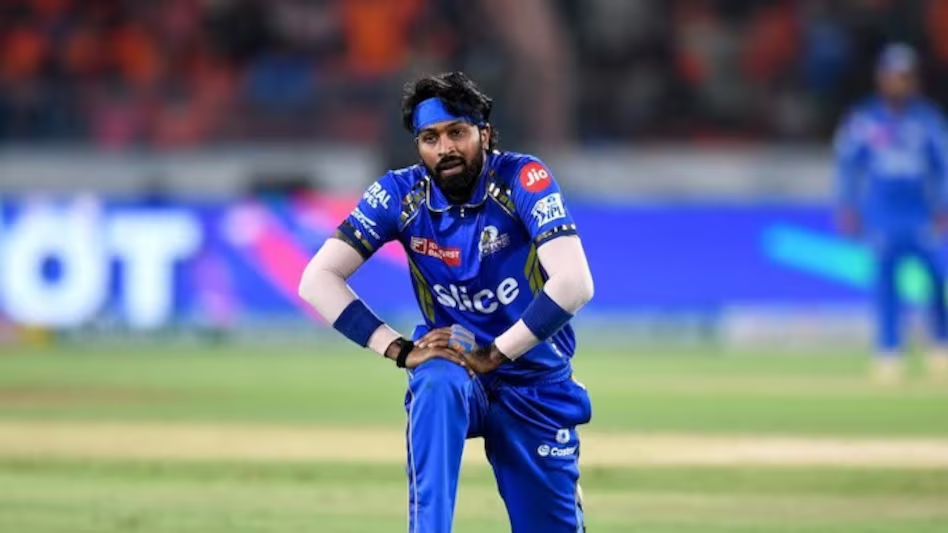
But let's take an objective look at the problem. An accomplished all-rounder with a wealth of international experience, Hardik Pandya made his name as captain of the Gujarat Titans, taking them to both a championship and a runner-up position. His move to the Mumbai Indians was a natural development in his career, which any ambitious player would embrace. However, fans, fueled by their emotional attachment to Sharma and the team's legacy, failed to see the rationale behind the decision, resorting to unwarranted hostility towards Pandya.
The Thin Line Between Fandom and Toxicity
Gautam Gambhir's astute statement about India's individualistic fandom holds well in this scenario. The unwavering devotion paid to cricketing idols frequently results in blind loyalty and a blurring of the boundaries between constructive criticism and harmful conduct. While fans are essential in helping players become icons, they can also bring players down with cruel online harassment, jeers in stadiums, and even more drastic actions like throwing stones at players' homes, as was the case with MS Dhoni back in 2007.
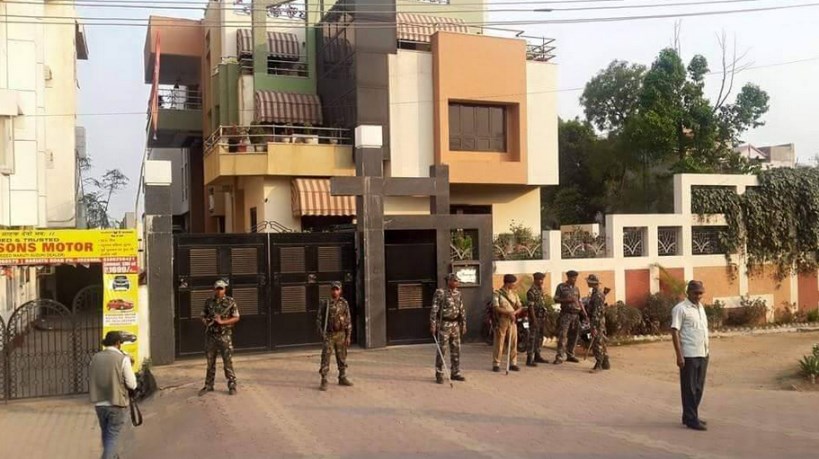
(Forces at MS Dhoni's old residences after the stone pelting incident in 2007, as India didn't perform well in the 50 over World Cup)
The Ripple Effect: From Heroes to Villains
Hardik Pandya is not the only one who has experienced this phenomenon; prominent cricketers such as Virat Kohli, Rohit Sharma, and MS Dhoni have all faced the fury of toxic fans. Whether it's criticizing Kohli's wife, Anushka Sharma, for allegedly jinxing matches or vilifying Dhoni following a World Cup defeat, no player is immune to fanaticism.
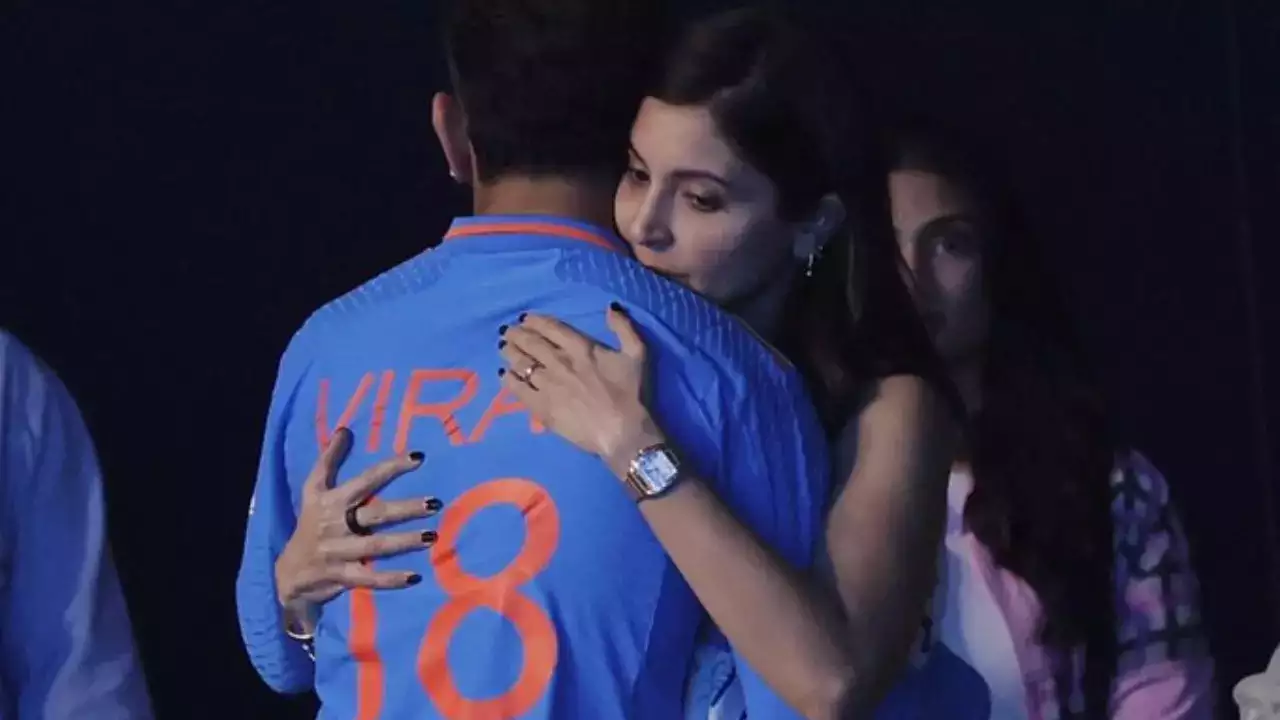
The 'Rohit vs. Hardik drama is a heartbreaking reminder of how fan enthusiasm can distort reality, fuelling unneeded rivalries and exacerbating pre-existing tensions within the cricketing community. Toxic fandom ruins the essence of the sport by fostering hatred and division rather than honoring the accomplishments of these individuals.
A Call for Accountability and Reflection
Fans, as stakeholders in the cricket ecosystem, must reflect on and reevaluate their relationship with the game and its players. While emotion and fervor are essential components of sports fandom, they should never be expressed as hate or abuse towards individuals. Unwavering love for one's team and players can coexist with constructive criticism that is grounded in an understanding of the intricacies of the game.
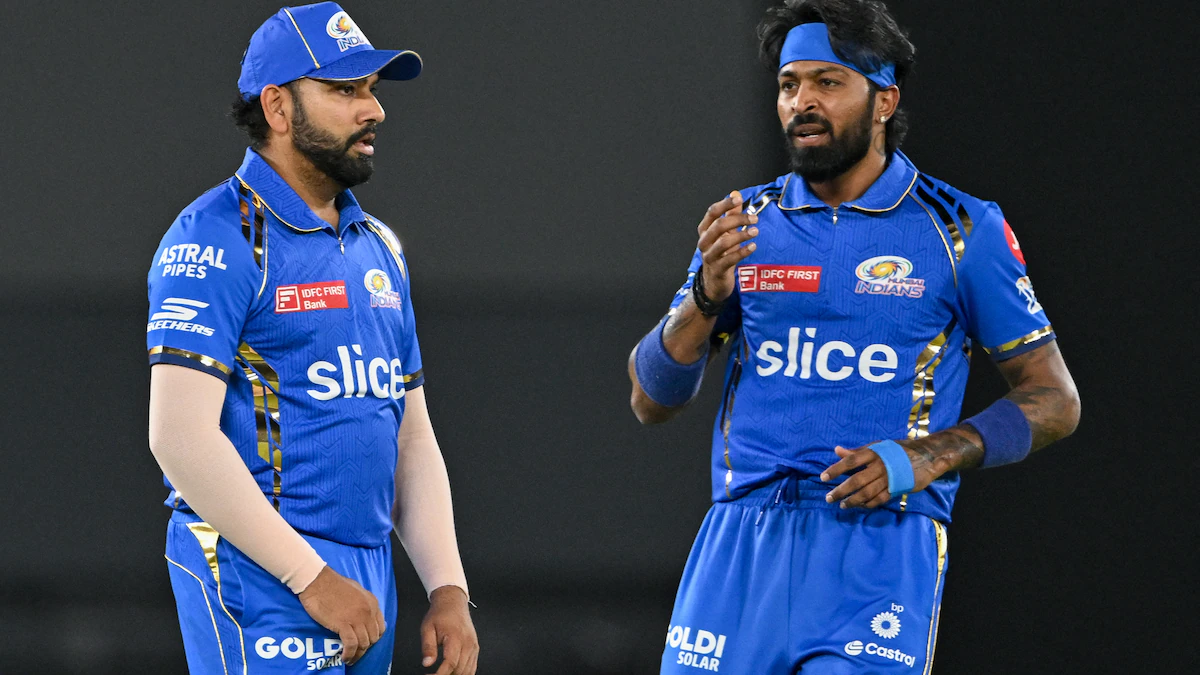
Furthermore, cricket officials and media outlets must develop a culture of respect and understanding among the fan base. They can move the conversation in the direction of a more welcoming and upbeat environment by emphasizing positive stories and denouncing harmful behavior.
Striking a Balance
The toxic cricket fandom exemplifies a startling paradox: the same fervor that propels the sport's growth can, if unbridled, turn into a destructive force. The Hardik Pandya case serves as a sobering lesson, emphasizing the pressing need for reflection and change among the cricketing community.
Going forward, let us endeavor to achieve a harmonious equilibrium between enthusiasm and decorum, commemorating the victories of our preferred athletes while recognizing their humanity and susceptibility. That's the only way we can pay tribute to the game's essence and maintain its position as a unifying factor throughout our diverse country.
(Image Source- Multiple Agencies)
Ⓒ Copyright 2024. All Rights Reserved Powered by Vygr Media.

